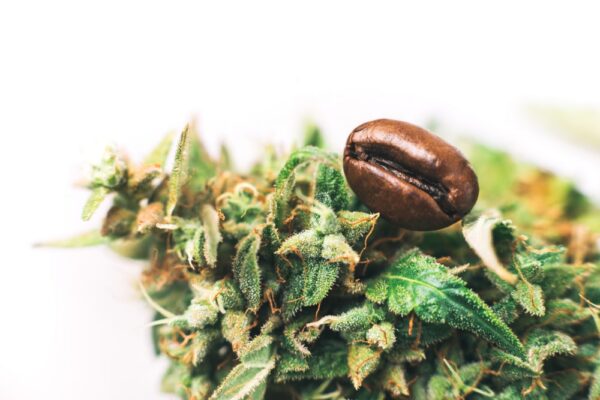Love waking up to that pleasant smell of strong black coffee? Well most of us do too. A fine cup of coffee or tea works as the much-needed push to actually wake us up after waking up. According to a survey, caffeine has been termed as the world’s most widely used central nervous system stimulator. Apart from coffee and tea, few other people also take up chocolate, painkillers etc. to get a kick start in the morning.
While caffeine makes us feel rejuvenated in the initial hours, it can cause highly adverse effects on our body.
Here are a few of the health benefits and concerns related to caffeine.
Caffeine and physical performance: Caffeine is a well-known element for performance boosting. It eases the pain and helps to relieve the fatigue due to work out and stretching. It is also believed to burn fat as an energy source as well.
Caffeine and brain activity: To get out of your sleepy side, caffeine is one of the best remedy. According to a study, taking up to 300 milligrams of caffeine can enhance reaction time and attention which lets you work on boring tasks for a longer period of time.
Caffeine and pain: Caffeine is known to lower down migraine pain and tension headaches. Which is why many pain relieve pills consist some amount of caffeine in it, it can boost the effectiveness of the medicines by up to 40%.But overuse of these pills can backfire and rather than stopping the pain, it can further trigger it. Or in many cases quitting caffeinated medicines or caffeine for that matter can cause severe headaches.
Caffeine and bone health: Caffeine reduces the bone’s calcium absorbing tendency moderately. But studies suggest that if calcium is taken in enough amounts, then the adverse effect of caffeine on bones becomes minimal and the bones remain healthy.
Caffeine and stomach: There are some studies that suggest that one should avoid caffeine if possible. Although, caffeine doesn’t cause stomach ulcer but they produce acid in the gut which therefore can turn into aggravate ulcers and open sores on the lining of stomach, small intestine or esophagus.
Caffeine and blood sugar: People consuming coffee are less likely to have type 2 diabetes as compared to others. But if someone already has type2 diabetes then he or she should be careful about the consumption of caffeine. Studies show caffeine drives up blood sugar levels and impairs insulin sensitivity, frustrating efforts to keep diabetes under control.
To Read More Health Blogs.


